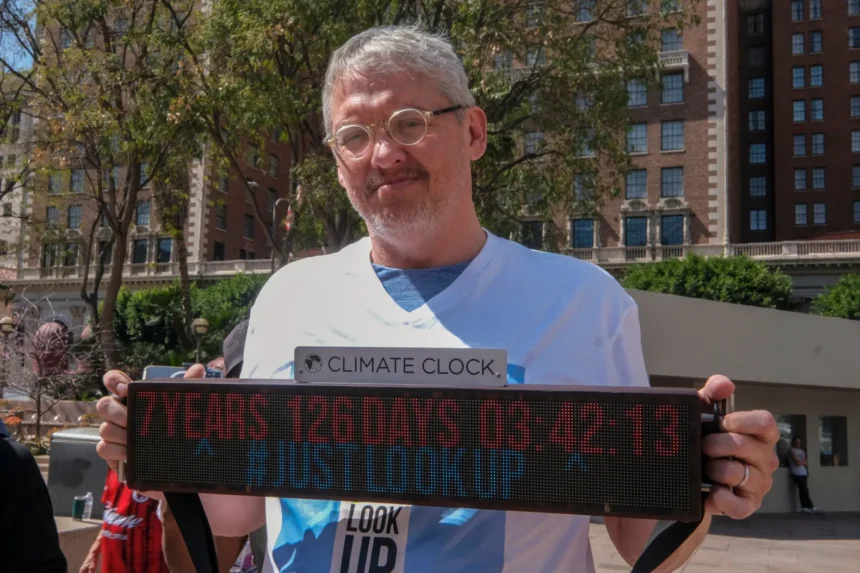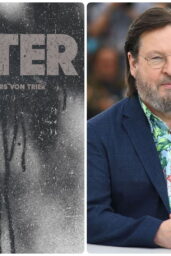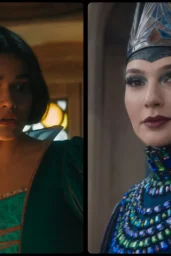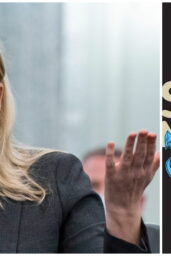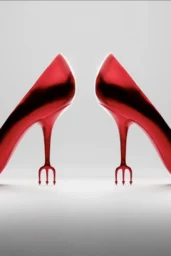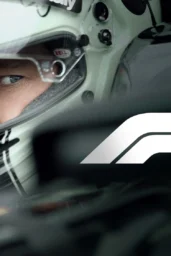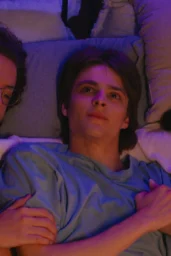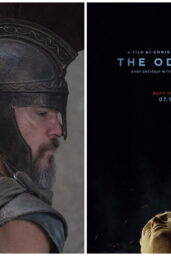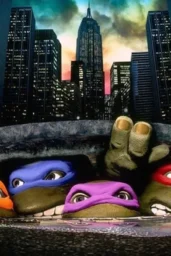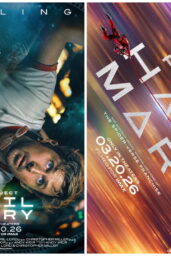Imagine a world where the magic of Oz is silenced, where the tale of the misunderstood Wicked Witch of the West is deemed too radical for the screen. This isn't the plot of a dystopian novel but a scenario painted by filmmaker Adam McKay. Known for his sharp, satirical commentary on society, McKay now warns that ‘Wicked' could be censored in the U.S. within the next few years if current political trends continue.
The Film in Question – ‘Wicked': ‘Wicked,' the musical adaptation of Gregory Maguire's novel, has already proven to be a cultural phenomenon on Broadway, now translated to the screen with stars like Cynthia Erivo and Ariana Grande. McKay describes it as one of the most radical big studio movies, emphasizing its themes of radicalization against careerism, fascism, and propaganda. This isn't just a story about witches; it's a narrative deeply woven with political commentary, much like the films McKay himself is known for, such as “The Big Short” and “Don't Look Up.”
McKay's Political Critique: McKay's statement isn't just about ‘Wicked'; it's a broader critique of the political landscape. He compares ‘Wicked' to cinematic giants like “Bridge on the River Kwai” for its daring narrative. His assertion that ‘Wicked' could be banned under a Trump presidency points to a fear of cultural censorship, a theme that resonates with historical instances where art has been stifled for political reasons.
The Context of Censorship: The film industry has seen its share of controversies regarding content and censorship. Recently, ‘Wicked' faced a brief ban in Kuwait due to its LGBTQ+ representation, hinting at the global sensitivities around such themes. McKay's prediction taps into ongoing debates about freedom of expression in America, especially with the political shift following the 2024 election where Trump is set to assume office again.
The Artistic Value vs. Political Climate: Critics and fans alike might ponder whether ‘Wicked' is indeed radical enough to warrant such a reaction. The film's exploration of prejudice, identity, and rebellion against tyranny could certainly be seen as provocative in a conservative political environment. However, this also underscores the power of cinema to challenge and provoke thought, a tradition that has long been part of Hollywood's ethos.
Adam McKay's warning might sound like hyperbole to some, but it serves as a poignant reminder of the intersection between art and politics. ‘Wicked' might be just the beginning if the political winds blow in a direction that favors censorship over creativity.
Personal Impressions: McKay's comments, while dramatic, highlight a real concern about artistic freedom. His history of tackling tough subjects in film lends weight to his fears, yet one wonders if this is more a call to arms for artists to continue pushing boundaries. His recent project cancellation by Netflix, despite star power, shows the industry's complexities. ‘Wicked' stands as both entertainment and a potential litmus test for American cultural tolerance.
Engage Readers with a Question: Do you think the political climate can truly dictate what stories get told on screen, or is this fearmongering from a director known for his political satires?

